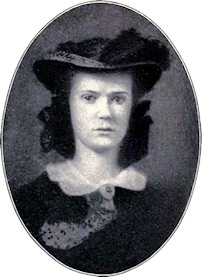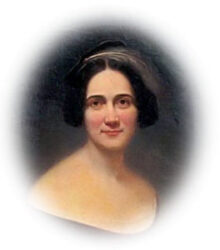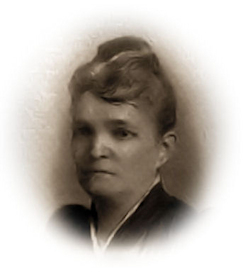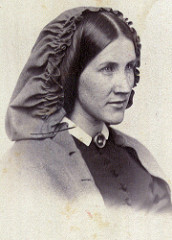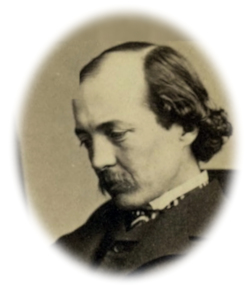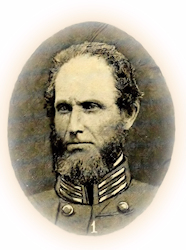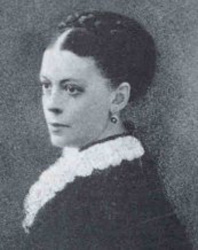In a letter dated Camp Flat Rock, Ind. Ter., July 11, 1862, he says:
The Fourth of July was duly celebrated at Cabin Creek Camp. We did no marching, and perfect license was given to all to drink and carouse as much as they chose.
One officer even told his men that the one who wasn’t drunk that night should be ducked in Grand river.
When the 1st Brigade had their fight near here, Col. Weir, our commander, was so intoxicated that he could neither receive the report of the battle or give any orders.
One reason everybody liked Col. Doubleday so well was, that he never drank.
It seems good to get settled down again. While marching, the middle of the day was so very hot, that we commenced marching at three o’clock in the morning, so we had to get up very early to have breakfast out of the way and get ready.
The greatest trouble so far has been the scarcity of water.
Had we come down the other side of the river–people say–there would have been an abundance of water. But water has been very scarce–and mostly stale creek water for which we would have to go quite a distance.
One Q. M. Sergeant was reduced to the ranks day before yesterday for going to a spring almost in our line of march.
I feared there would be a mutiny that day, so many boys hadn’t water and weren’t permitted to leave the ranks to get any. Hereafter any member of the cavalry losing a horse, save in battle, must go afoot, by order of Col. Wier.
Well, Charlie seems to have had his fill of grass, so I must go back to camp. I have been sitting here on my blanket while he has been grazing. We have to go quite a distance from camp for good grass. . . You don’t know what melting weather we have had.
The thermometer has been as high as one hundred and twelve in the shade I believe.
Several men have been sunstruck. There has been no rain of consequence for about two months.


